Voices
A call to end modern medical apartheid in Ohio

Michael Carni/Shutterstock
Ohio's ban on gender-affirming care for minors is a cruel assault on the rights and dignity of transgender youth, writes advocate Gulnar Feerasta, with the policy mirroring historical discriminatory practices.
August 16 2024 1:30 PM EST

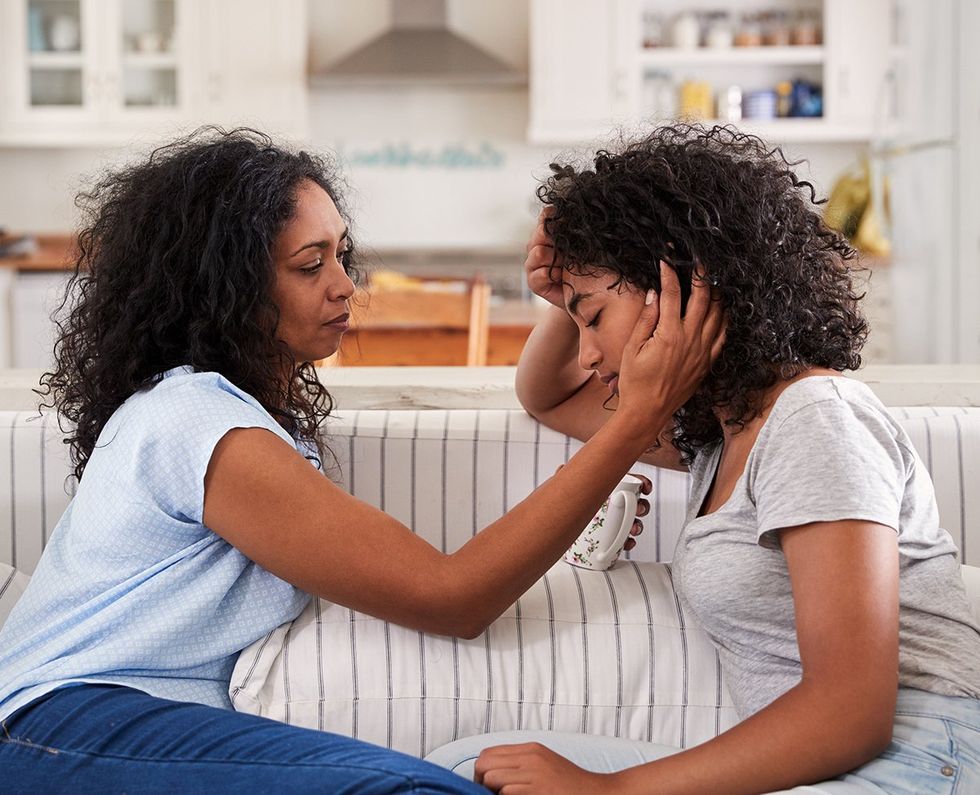 Shutterstock Creative
Shutterstock Creative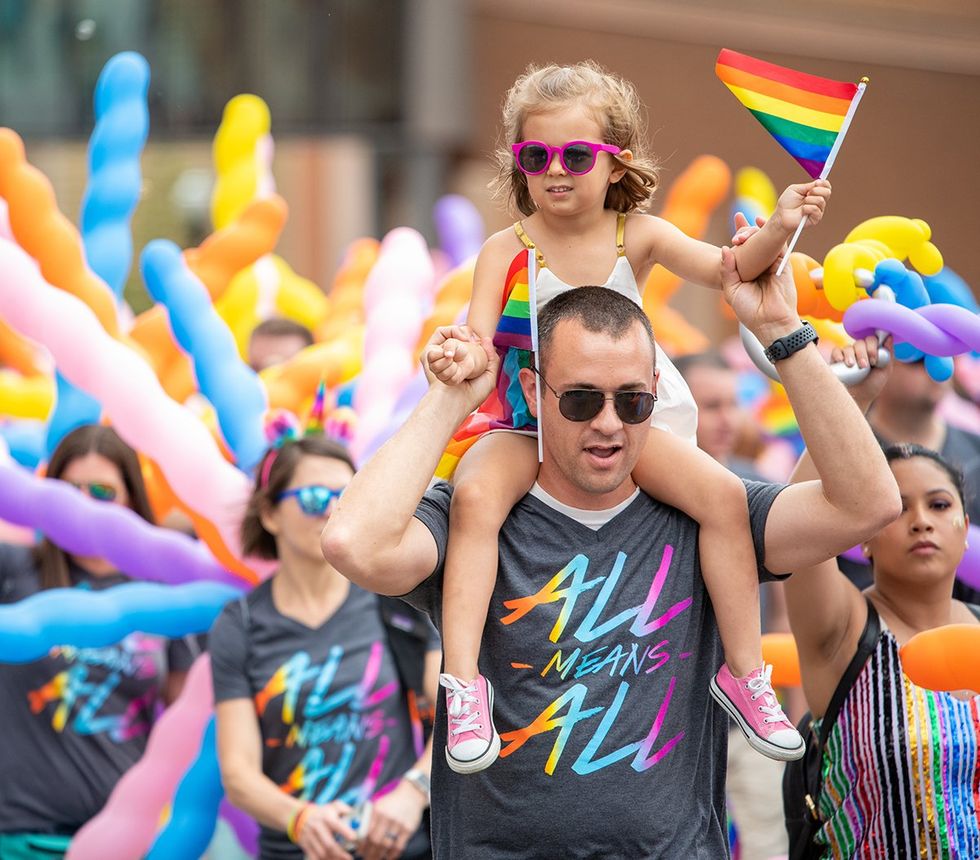 Martin Wheeler III/Shutterstock
Martin Wheeler III/Shutterstock





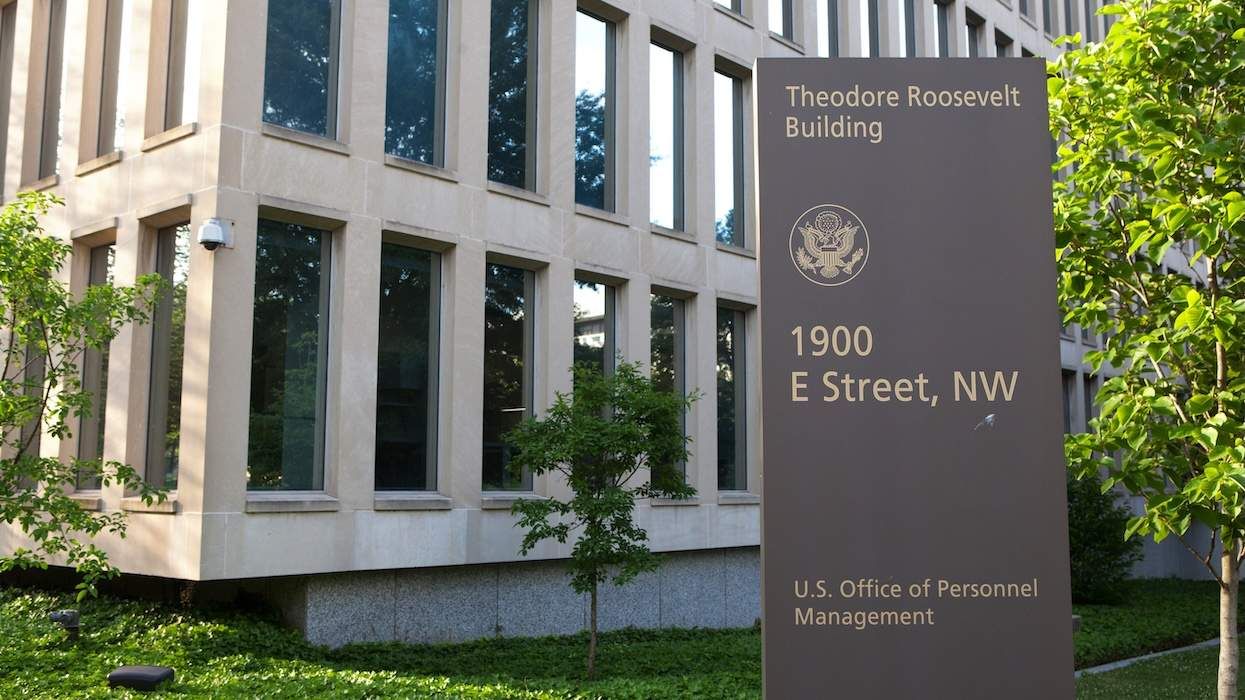

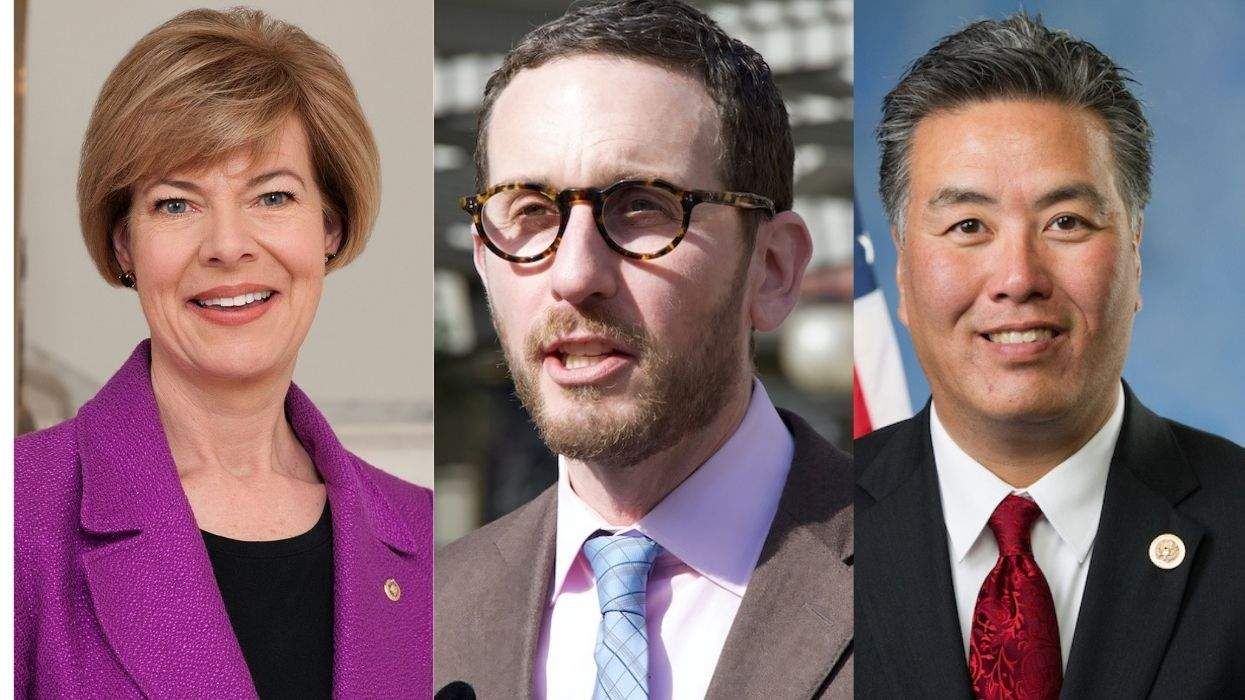



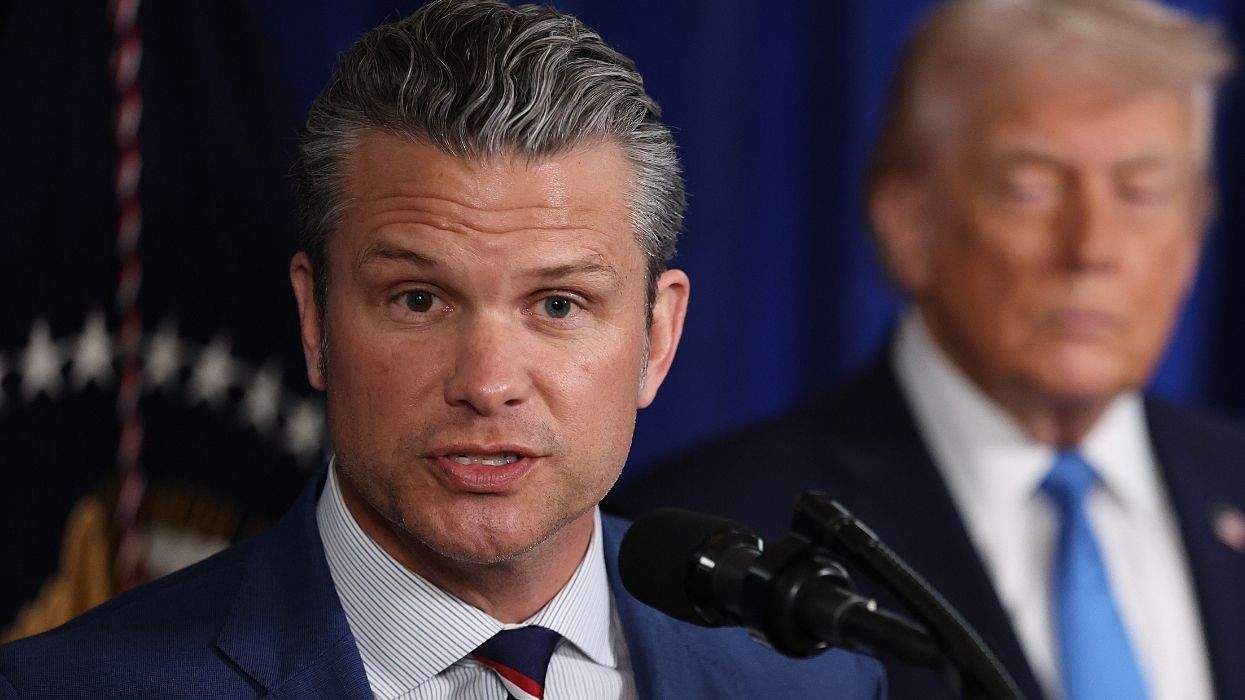


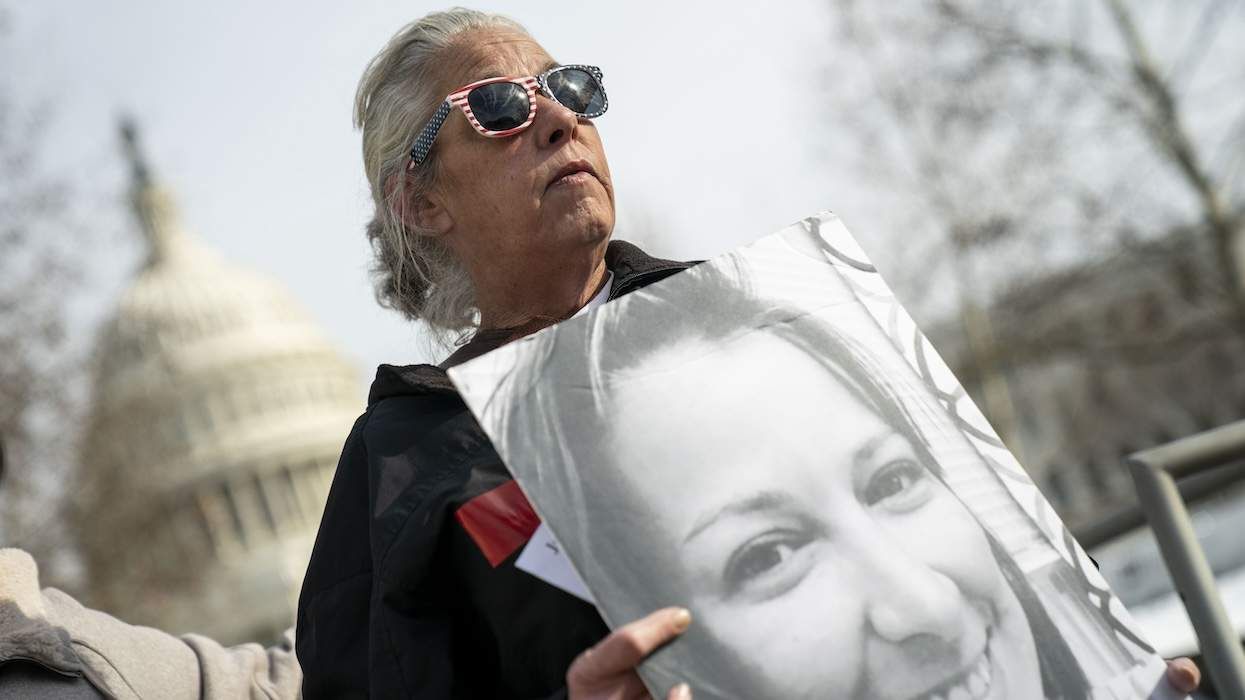


















































Charlie Kirk DID say stoning gay people was the 'perfect law' — and these other heinous quotes